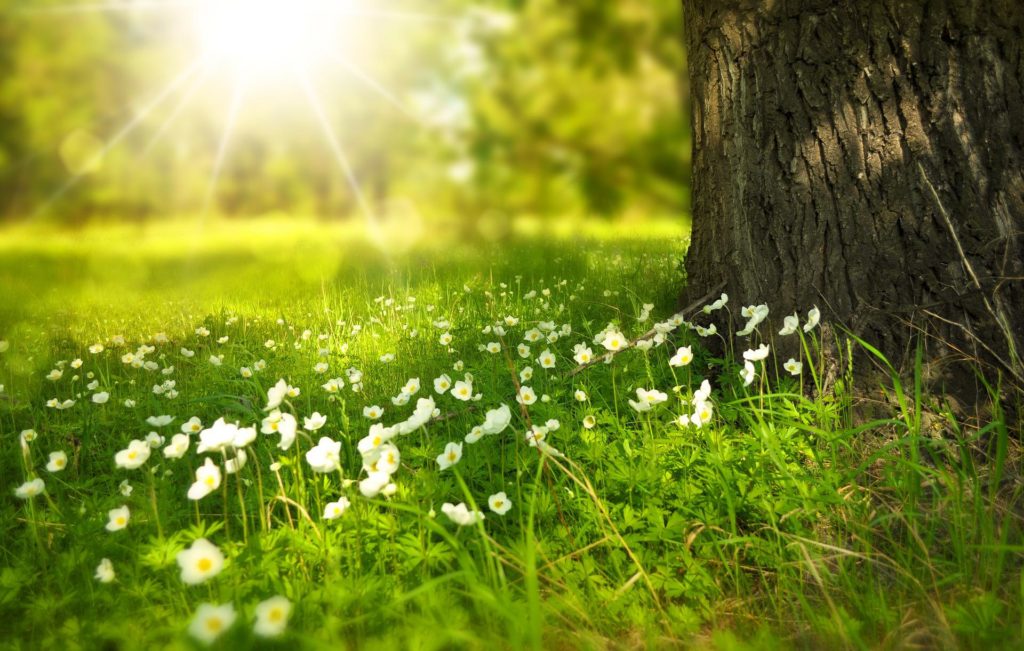A grass allergy is actually an allergy to grass pollen. Like flowering plants and trees, grasses also have pollen and that pollen can cause an allergic reaction. Some examples of common Northern-grown grasses are Timothy and Fescue. Southern-grown grasses include Bermuda, St. Augustine, and Zoysia.
What Time of Year?
You will most likely experience grass pollen allergy symptoms when grass is pollinating in the spring and summer. However, in some southern areas of the U.S. these allergy symptoms may be experienced year round.
What are the symptoms?

Grass pollen allergy symptoms may affect your eyes, nose, and/or throat. These symptoms include: sneezing and a runny or itchy nose; itchy, watery eyes; a rash, hive or welts; asthma symptoms like chest tightness, wheezing or shortness of breath.
If you think your or your child is allergic to grass pollen, contact our office. We’d love to help you determine what’s causing your allergy symptoms.